Frederike Geerdink
Don’t we all love our year end’s lists? We do, so I decided to contribute my Top 10 of Kurds who drew awe in 2023. The list was compiled based upon the news I have brought throughout the year on every Sunday in my Kurdistan newsletter “Expert Kurdistan” (to which you can subscribe). A Top 10 – plus one extra special mention.
1. Amedspor football team
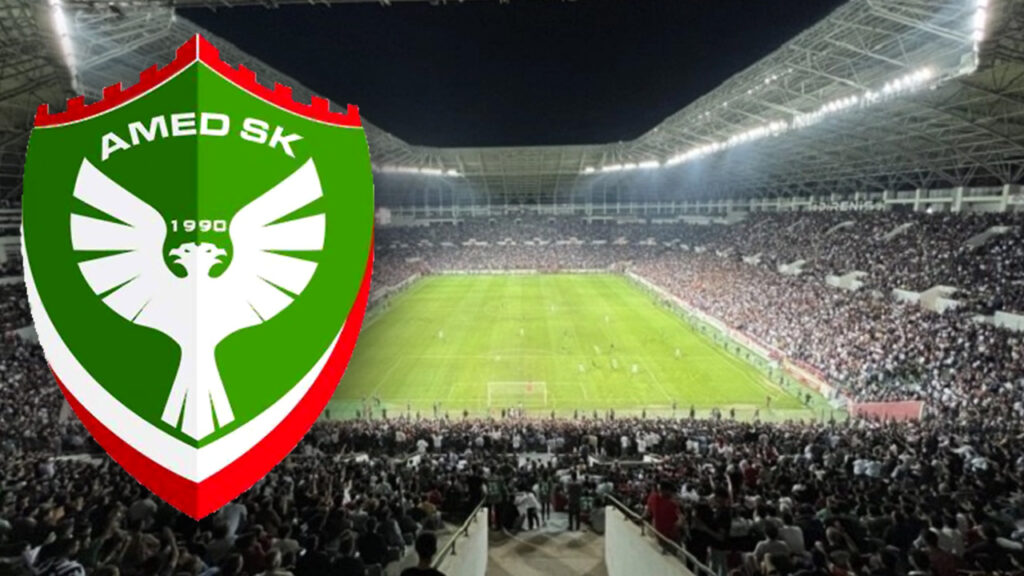
It’s absolutely marvellous how the players of Amedspor managed to keep their act together in last season’s competition. Remember what happened back in March, when they were playing against Bursaspor in the stadium of this team from the west of Turkey? A barrage of objects came flying from the Bursaspor fans upon the Kurdish players and the referee didn’t act. Besides the objects being thrown, there were banners on the tribunes that showed white Toros cars, which were used in the 1990s by the state’s illegal murder squads to abducts Kurds and then murder them. Portraits of well-known secret agents who murdered Kurds were shown too.
The violence had already begun the night before the match, when supporters of Bursaspor gathered at the hotel where the Amedspor players were staying and started shouting racist slogans at them.
The determination, professionalism and team spirit of Amedspor is impressive: despite all the hostility against them – the match against Bursaspor was the worst but not the only encounter with anti-Kurdish racism – they ranked 4th in the Second League at the end of the season.
And this season? The eyes were on Diyarbekirspor, also in the Second League. They played against Bursaspor this month. The turmoil started when Bünyamin Yürür scored a goal for Diyarbekirspor and celebrated towards the Bursaspor fans. Fighting broke out on the field, with many red cards and even one detention of a fan. Still, Diyarbekirspor won!
2. Saturday Mothers
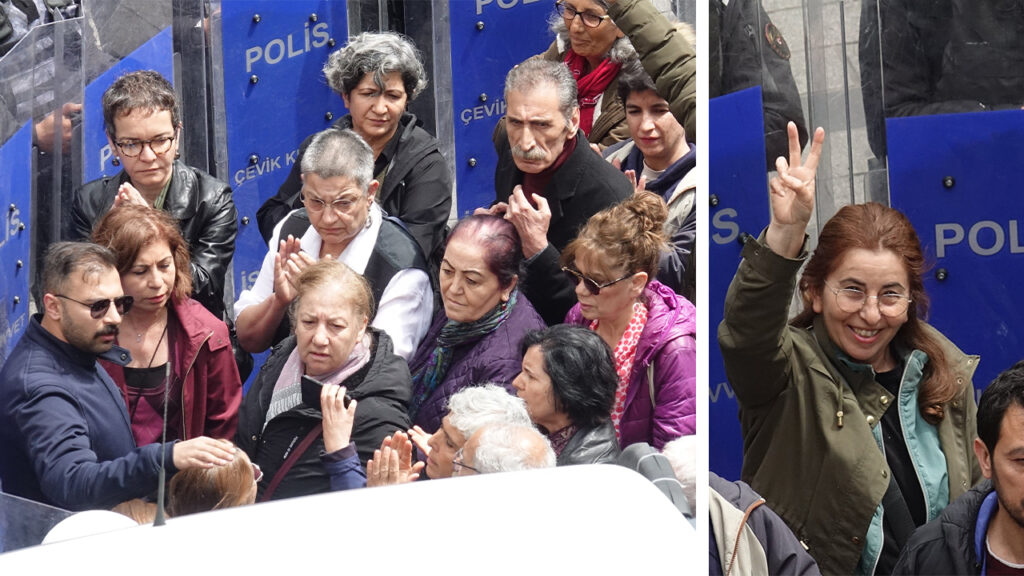 The Saturday Mothers have come together weekly since the 1990s, on Galatasaray Square in Istanbul, to demand information about their loved ones who disappeared at the hands of the state. They never got any answers but they persisted. They persisted even this year, even though they were blocked by police again and again, and detained for weeks on end.
The Saturday Mothers have come together weekly since the 1990s, on Galatasaray Square in Istanbul, to demand information about their loved ones who disappeared at the hands of the state. They never got any answers but they persisted. They persisted even this year, even though they were blocked by police again and again, and detained for weeks on end.
Eventually, the ban on gatherings on Galatasaray Square was ended, but as I wrote before, this is not enough. The Mothers will continue to demand justice in 2024. Power to them!
3. İrfan Aktan
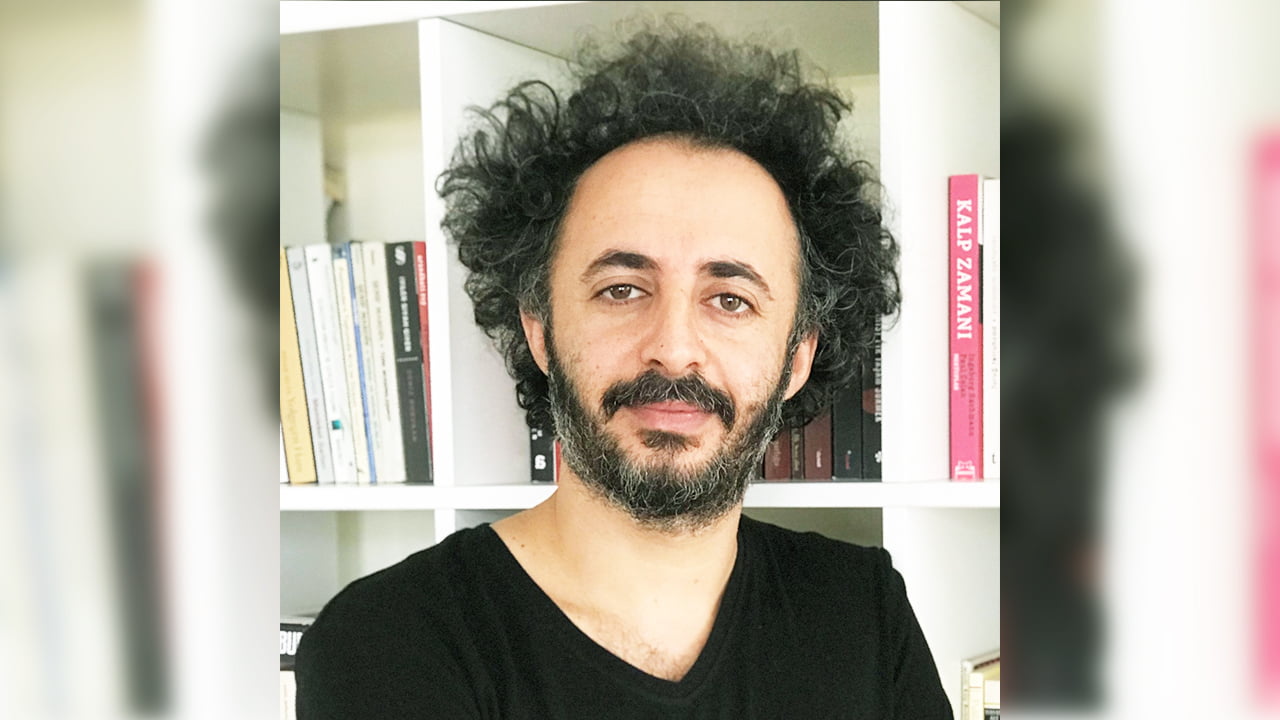 This Kurdish journalist, who I’ve been following since more than a decade, once again drew my attention after the devastating earthquake hit Kurdistan, Turkey and Syria in February this year. In the established media we didn’t see the Alevi and Alevi-Kurdish angle to the tragedies that were unfolding in the many villages in the ten provinces hit, and Aktan really filled a void. He works for Artı Gerçek but has shared his findings with other independent media as well.
This Kurdish journalist, who I’ve been following since more than a decade, once again drew my attention after the devastating earthquake hit Kurdistan, Turkey and Syria in February this year. In the established media we didn’t see the Alevi and Alevi-Kurdish angle to the tragedies that were unfolding in the many villages in the ten provinces hit, and Aktan really filled a void. He works for Artı Gerçek but has shared his findings with other independent media as well.
Aktan is also responsible for the interview with Selahattin Demirtaş, in which he announced his resignation from active politics. The interview with academic Hamit Bozarslan was rather legendary too, in my humble opinion.
This makes İrfan Aktan an exceptional example of the excellent journalism Kurds have on offer. Abdurrahman Gök is another. He went to Rojhilat (Kurdistan in Iran) in late 2022 and made a series of very good stories. He was jailed for several months this year for his work and luckily recently released. But Kurdish journalism is a collective effort too, so we have to make this bigger than just individual journalists. Jin News, a women’s journalism initiative of around a decade old, and the Kurdish media that have been working so hard and good to bring the stories from Kurdistan to the world since the 1990s: we wouldn’t know of the endless human rights violations against Kurds and the resilience of Kurdish communities without them. This great site, Medya News, is part of that journalistic struggle as well, and I’m proud to be part of it!
4. Mizgin Yalçın
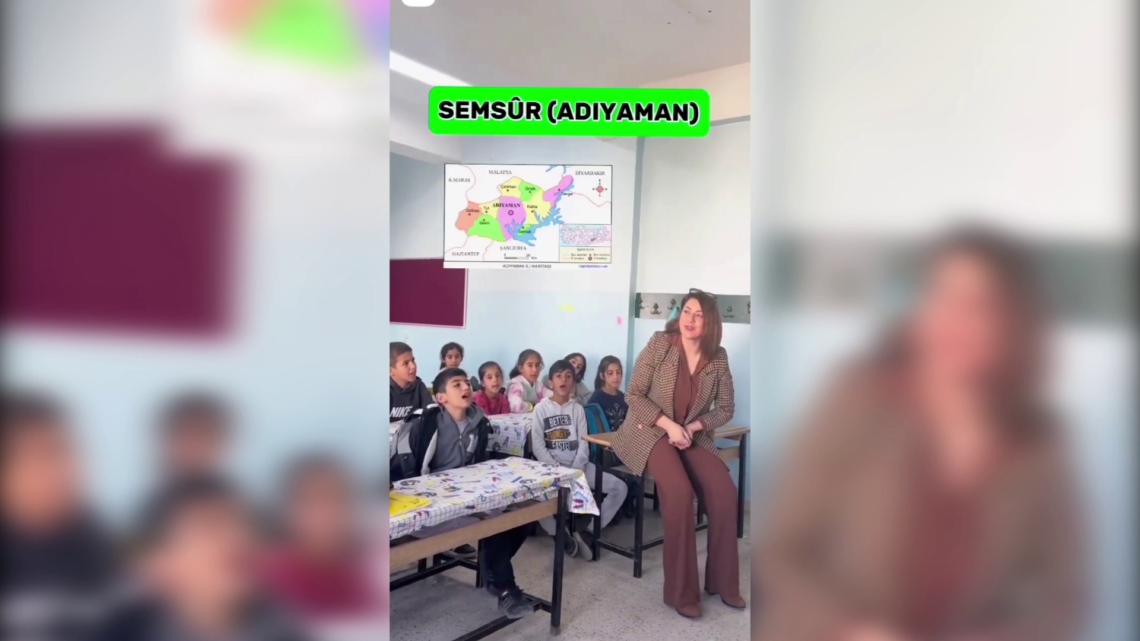
She’s a Kurmanci teacher in Amed (Diyarbakır), and she triggered a lot of anger when a video surfaced of her teaching the children in her class Kurdish geographical names. The anger showed clearly that in 2023 it’s okay to teach children their own language, but it’s still not allowed to teach children their own culture, their own geography, their own history – to invest in making them feel strong and secure in their Kurdish identity. It’s amazing that Yalçın continues her work against the odds.
Yalçın is of course not alone. In Rojhilat (Kurdistan in Iran), Zara Mohammadi is a well-known teacher who has made it her life’s mission to educate children in their mother tongue. She paid a high price: she was sentenced to five years in prison but was suddenly released in February this year.
5. Gültan Kışanak
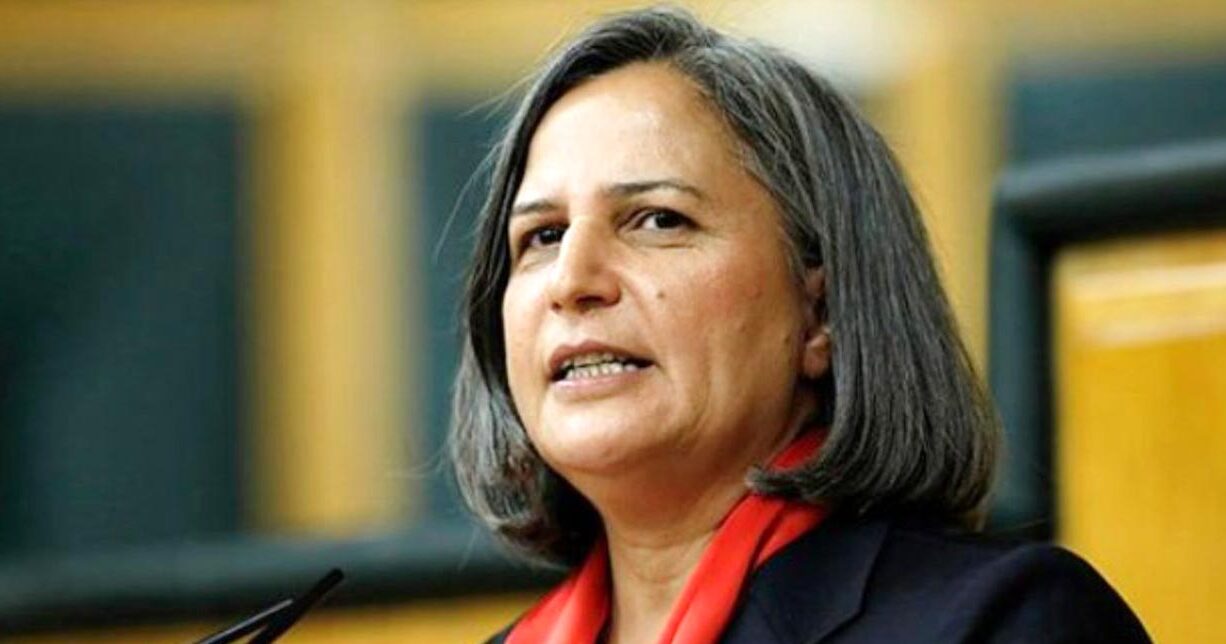 Jailed since late 2016, she is one of a whole group of veteran politicians from the Kurdish movement who are jailed for political reasons. I chose her because I feel a connection with her because she started as a journalist – so we were colleagues – and later became the elected mayor of Amed (Diyarbakır) when I lived there between 2012 and 2015. I met her often on several occasions and my respect for her is deep.
Jailed since late 2016, she is one of a whole group of veteran politicians from the Kurdish movement who are jailed for political reasons. I chose her because I feel a connection with her because she started as a journalist – so we were colleagues – and later became the elected mayor of Amed (Diyarbakır) when I lived there between 2012 and 2015. I met her often on several occasions and my respect for her is deep.
She made it to the news this year because of the powerful and eloquent way she defended herself in court, but also because of personal losses she suffered. Her sister died, and she didn’t get permission to leave jail to say goodbye to her. She could attend the funeral, but surrounded by police and she was forced back to jail too soon.
Kışanak’s ordeal is a sad example of how Kurds who give their lives for democracy and justice are criminalised and are not allowed to be with their families and communities in the most difficult times in their lives. All political prisoners have to endure this.
Another icon of the Kurdish movement, who had been left alone by the state for some time, was indicted again this year: Leyla Zana.
6. Jina (Mahsa) Amini
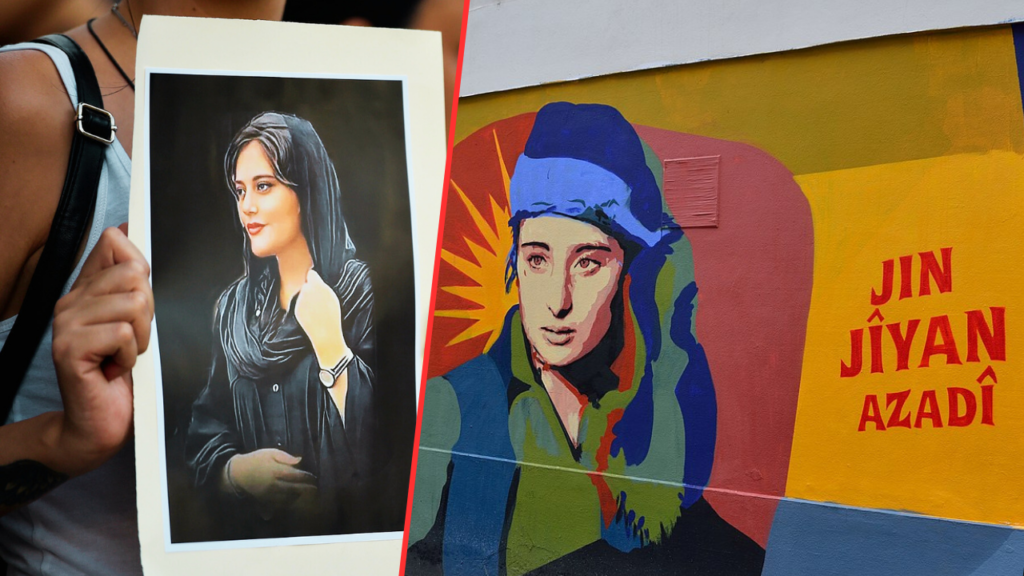 Jina Amini, murdered by the Iranian regime in September 2022, posthumously won the Sakharov Prize for Human Rights from the European Parliament. Her family was banned from traveling to Strasbourg to attend the award ceremony. Even though the public protests have winded down, Jina’s death has triggered an uprising against the Islamic regime like never before. Iran and especially Rojhilat (Kurdistan in Iran) will never be the same again.
Jina Amini, murdered by the Iranian regime in September 2022, posthumously won the Sakharov Prize for Human Rights from the European Parliament. Her family was banned from traveling to Strasbourg to attend the award ceremony. Even though the public protests have winded down, Jina’s death has triggered an uprising against the Islamic regime like never before. Iran and especially Rojhilat (Kurdistan in Iran) will never be the same again.
Also read the letter I wrote to her earlier this year.
7. Mazlum Abdi
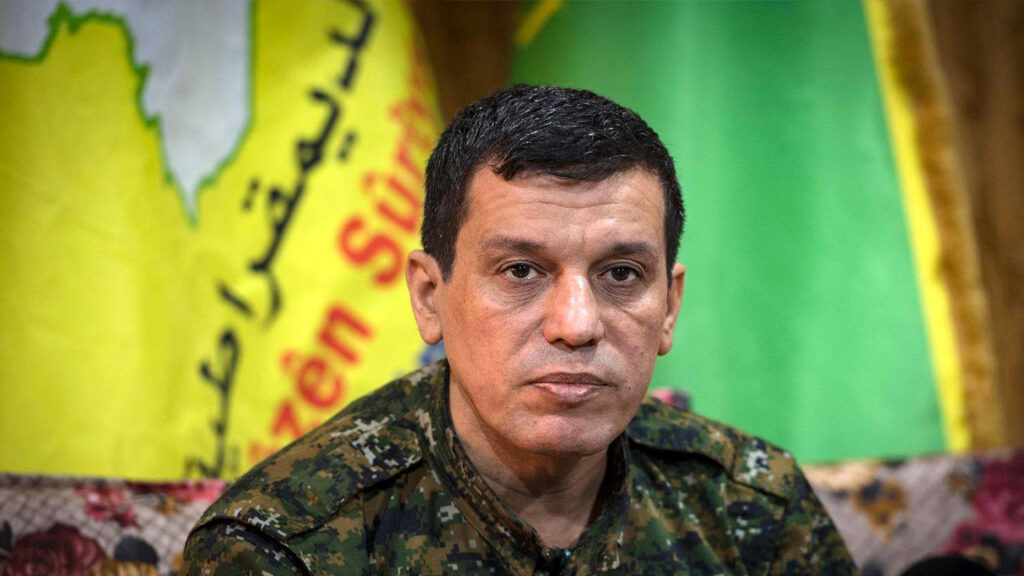 Still going strong as the general commander of the Syrian Democratic Forces (SDF), Mazlum Abdi has not only survived an assassination attempt against him by Turkey but also has guided his troops through seriously difficult times – again. Especially demanding were violently erupting tensions in Deir ez-Zor and the continued Turkish attacks with drones and fighter jets against not only SDF senior commanders but against civilians and civilian infrastructure as well.
Still going strong as the general commander of the Syrian Democratic Forces (SDF), Mazlum Abdi has not only survived an assassination attempt against him by Turkey but also has guided his troops through seriously difficult times – again. Especially demanding were violently erupting tensions in Deir ez-Zor and the continued Turkish attacks with drones and fighter jets against not only SDF senior commanders but against civilians and civilian infrastructure as well.
8. Necmettin Salaz
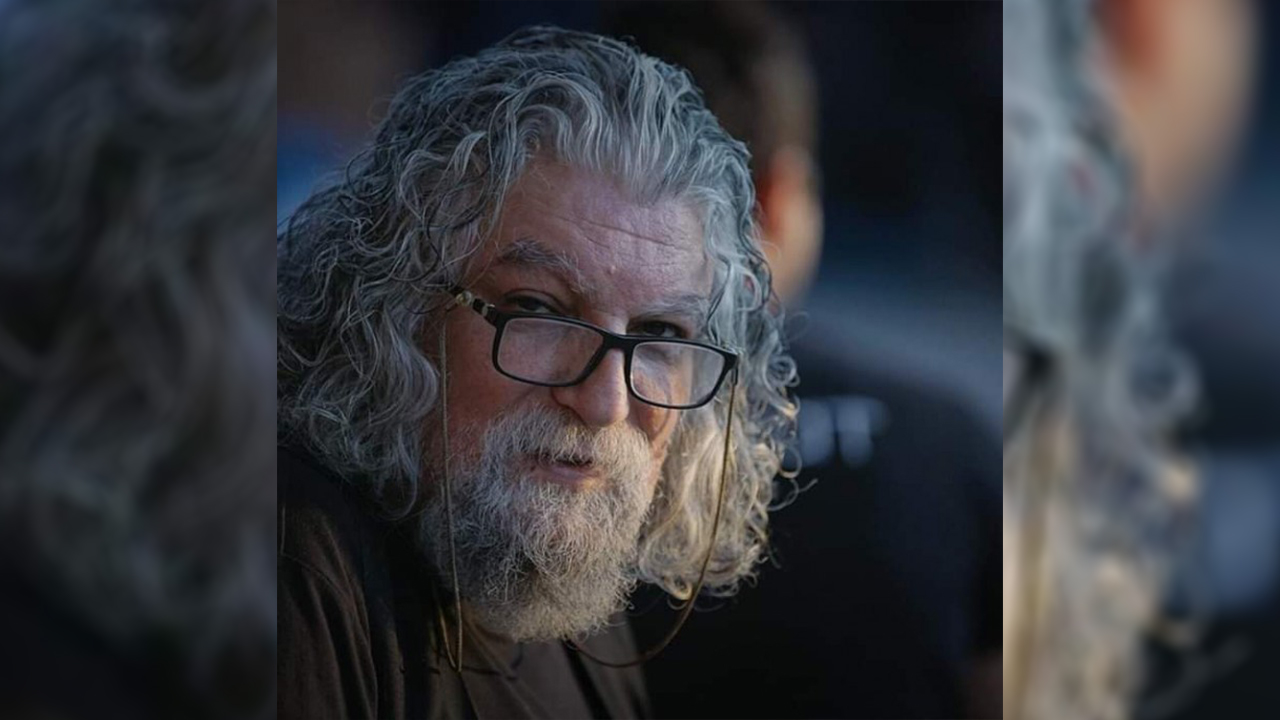 Kurdish journalist, author and intellectual (and a good friend of mine) Necmettin Salaz passed away in Slemani (Sulaymaniyah), South-Kurdistan, at the age of 65. Salaz was trained as a teacher but was banned from teaching because of his involvement in the Kurdish struggle. After the 1980 military coup, he was imprisoned in the notorious Diyarbakır prison for five years. In those days, he started to write, and he never stopped writing, despite the huge pressures put on him by the Turkish state. He wrote down memories, he wrote journalistic articles, poems, columns.
Kurdish journalist, author and intellectual (and a good friend of mine) Necmettin Salaz passed away in Slemani (Sulaymaniyah), South-Kurdistan, at the age of 65. Salaz was trained as a teacher but was banned from teaching because of his involvement in the Kurdish struggle. After the 1980 military coup, he was imprisoned in the notorious Diyarbakır prison for five years. In those days, he started to write, and he never stopped writing, despite the huge pressures put on him by the Turkish state. He wrote down memories, he wrote journalistic articles, poems, columns.
Around ten years ago, staying in Turkey became too dangerous and he moved to Slemani. He continued writing and became a TV presenter and commentator on developments in Kurdistan. Even when he became sick, he kept contributing to Kurdish media whenever he could.
Necmettin Salaz was not the only Kurdish revolutionary from Turkey who was forced to move to Slemani to escape the wrath of the state. Several of them have been murdered by the Turkish secret service, also this year. Luckily, Salaz’s life didn’t end like that, but it’s sad that he could never fulfil his dream: return to Wan (Van) and open a library by the lake.
9. Little Erdem
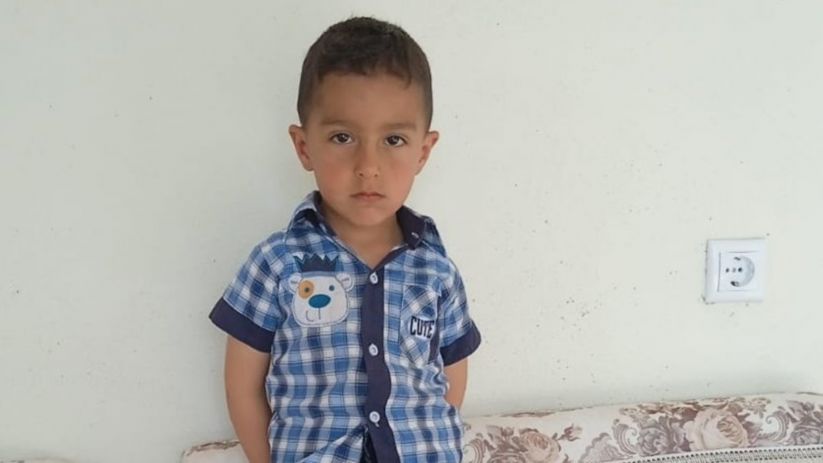 Erdem Aşkan, five years old, was killed when an armoured vehicle hit him in the streets of Gever (Yüksekova) in June. He was the umpteenth kid that lost his life as a result of the full militarisation of Bakur (Kurdistan in Turkey), and across the border in Kurdistan in Syria and Iraq as well.
Erdem Aşkan, five years old, was killed when an armoured vehicle hit him in the streets of Gever (Yüksekova) in June. He was the umpteenth kid that lost his life as a result of the full militarisation of Bakur (Kurdistan in Turkey), and across the border in Kurdistan in Syria and Iraq as well.
In that sense, the way little Erdem’s life ended is a throwback to late December 2011, when the Turkish state bombed 34 Kurdish citizens, among whom were 19 underage boys, in what has become known as the Roboski Massacre. It was commemorated yesterday for the 12th time, and still, no justice was done. Erdem wasn’t even born yet when the Roboski Massacre happened, and his life has already ended. May the victims of Roboski, the family of Erdem and all the other murdered children one day get justice.
10. Sezgin Tanrıkulu
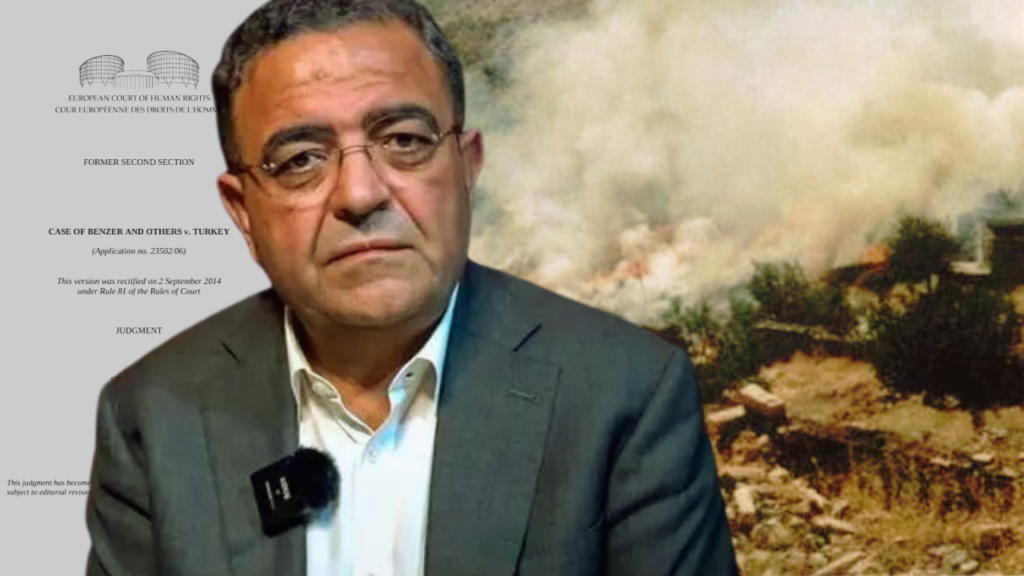 This principled human rights defender became the first CHP MP for Diyarbakır in many years. As a son of the city and a politician who has held a difficult position in the biggest opposition party because of his fierce defence of Kurdish rights, he deserved it so much. And he lived up to the promise, which became particularly clear in September, when he openly criticised the state twice. About the Turkish army, he dared to say – and this is unheard of inside the CHP, which has always been close to the army: “Isn’t this the Turkish Armed Forces that carried out the fascist coup on 12 September (1980)? Isn’t this the army that attempted a coup on 15 July (2015), burned villages? (There are) dozens of unsolved murders. There are cases that I follow. Isn’t it the TSK that throws 15 villagers out of the helicopter?” And: “The Turkish armed forces committed a crime against humanity. And unfortunately, they were never held accountable. But it won’t be erased from our memory.”
This principled human rights defender became the first CHP MP for Diyarbakır in many years. As a son of the city and a politician who has held a difficult position in the biggest opposition party because of his fierce defence of Kurdish rights, he deserved it so much. And he lived up to the promise, which became particularly clear in September, when he openly criticised the state twice. About the Turkish army, he dared to say – and this is unheard of inside the CHP, which has always been close to the army: “Isn’t this the Turkish Armed Forces that carried out the fascist coup on 12 September (1980)? Isn’t this the army that attempted a coup on 15 July (2015), burned villages? (There are) dozens of unsolved murders. There are cases that I follow. Isn’t it the TSK that throws 15 villagers out of the helicopter?” And: “The Turkish armed forces committed a crime against humanity. And unfortunately, they were never held accountable. But it won’t be erased from our memory.”
Not only will he be prosecuted, CHP has also referred the ‘case’ to the party’s disciplinary body. They don’t have his back, which is very harmful, and dangerous too: it could eventually land Tanrıkulu in jail.
SPECIAL MENTION, PLUS 2024 WISH
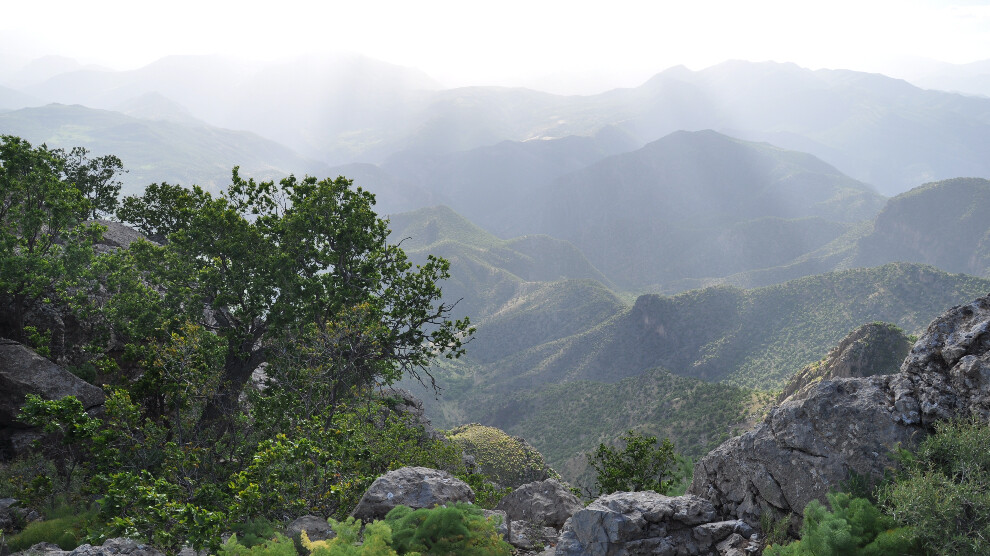 The guerrilla fighters of the HPG and YJA Star (the PKK’s armed forces), who keep resisting Turkey’s assault on their lands in the mountains in South-Kurdistan. Yes, Turkey is intensifying the occupation, but they just can’t beat the ultra determined and very well trained guerrilla fighters, which showed again this month by several attacks in Xakurkê and Metîna in which, according to the guerrilla forces, dozens of Turkish soldiers lost their lives.
The guerrilla fighters of the HPG and YJA Star (the PKK’s armed forces), who keep resisting Turkey’s assault on their lands in the mountains in South-Kurdistan. Yes, Turkey is intensifying the occupation, but they just can’t beat the ultra determined and very well trained guerrilla fighters, which showed again this month by several attacks in Xakurkê and Metîna in which, according to the guerrilla forces, dozens of Turkish soldiers lost their lives.
The PKK continues to advocate for a democratic solution for the Kurdish issue, which they have been doing for many years. They are inspired by their jailed leader Abdullah Öcalan. In 2024, he will have been jailed for 25 years. Will the isolation he has been kept in since more than two and a half years, finally be broken? That’s a great wish for 2024, because that would mean a road towards peace begins to open.
*Fréderike Geerdink is an independent journalist. Follow her on Twitter or subscribe to her acclaimed weekly newsletter Expert Kurdistan.










